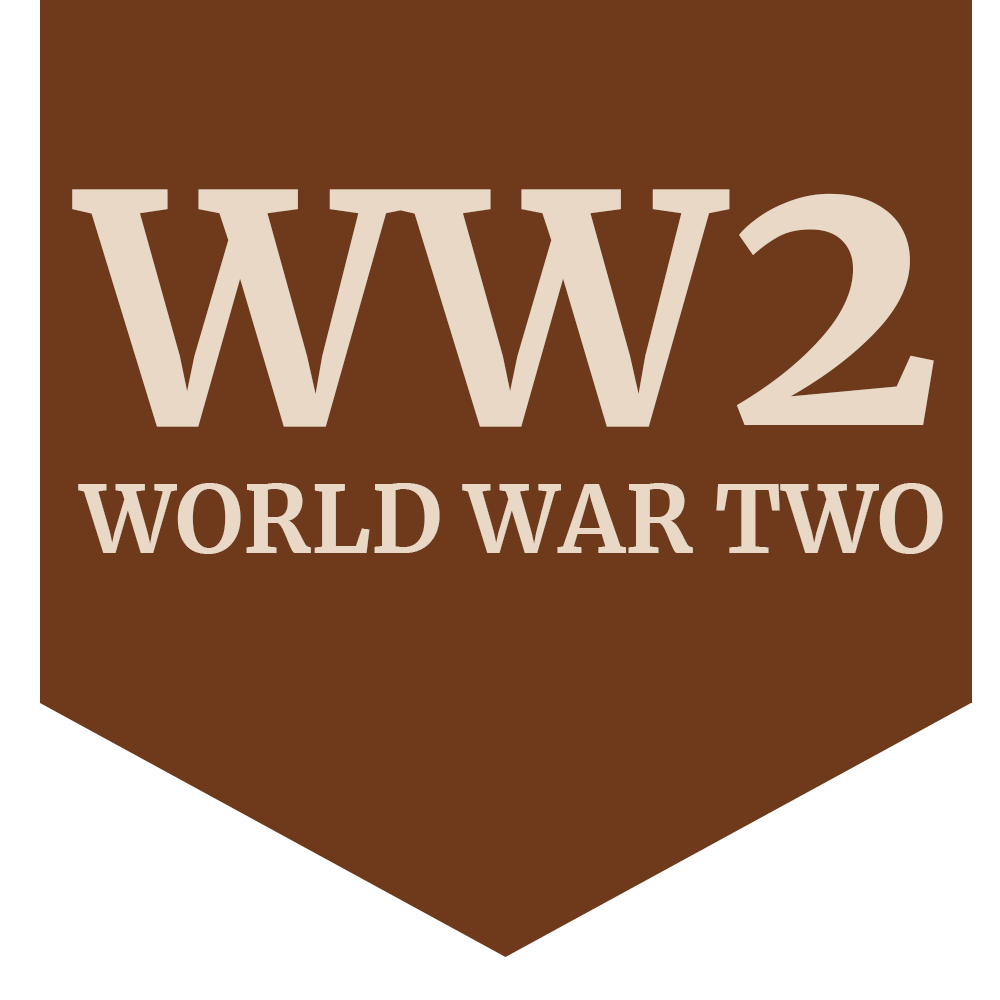
Frederick Maxwell
Ransome and Marles, bearing factory, Northern Road, Newark, Nottinghamshire ; Tool Room Fitter (Tools Jigs & Gauger).
- Family History
- Extra information
- Photographs
Son of boiler maker William Markwell (born 1864, Deptford, London) and Mary (born 1865, Grantham), who were living in Portland Street, Newark, when he arrived in 1890. A decade later they had moved to Albion Street and Fred had siblings Ernest (born 1895) and William (born 1900). By the time of the 1911 census, the family was still at 24 Albion Street and Fred and Bert were apprentice iron turners.
He married in 1913 Ivy Parr (born 1893, Newark), of Heppenstall’s Row, Guildhall Street, Newark.
Fred and Ivy rejoiced in the birth of their own daughter Phyllis virtually as Fred marched off to The Great War.
WWI
Despite being already married – a status that would have excused him from immediate duty – he had been among the local volunteers who marched out of Newark Market Place in August 1914 and served in the 8th Battalion Sherwood Foresters. He rose from Private to the rank of Company Quartermaster Sergeant, and was among the small number who survived to 1918.
Phyllis grew up to be so popular doing her ‘bit’ for the Second World War at Stanton Iron-works that her workmates travelled from their factory on the Notts-Derbyshire border to give her moral support at her Dad’s funeral in St Giles Church, Balderton.
Frederick had played such a forthright part in supporting Trades Unionism during its toughest fights for recognition with both governments and employers through the 1920s and 1930s that among the many floral tributes laid over his grave in the village churchyard were two from the Amalgamated Engineering Union.
Extracts from Newark's Black Friday by Trevor Frecknall, Chris Grant, Shaun Noble.


